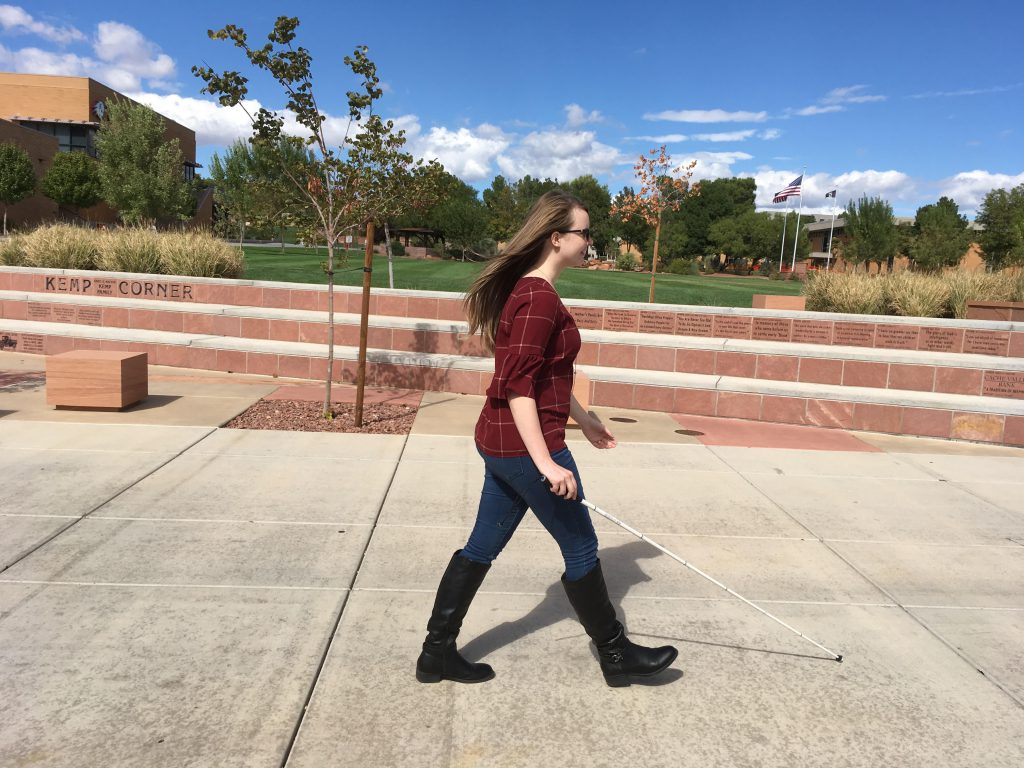Whether it’s opening a new book, going to a book store or sitting down with a cup of tea after a long day, reading a physical book is more than just reading; it’s the feel and smell of the book that makes it an incredible experience.
With the ever-looming threat of censorship and book banning, rumors surrounding literacy rates have reached an all-time high.
In truth, it’s terrifying to think about people not wanting to pick up a book, and scarier to think about people losing the ability to read.
When people ask me about my major, I almost always get the same response: “I can’t believe you’re an English major. I haven’t read a book in years!”
Whenever I hear this response, I understand it’s a joke, but deep down, it hurts to think that people believe reading for pleasure is some kind of masochistic pastime.
Despite these jokes, reading rates have statistically skyrocketed since the rise of “BookTok.” In a study conducted on TikTok users in the United States, people reported seeing a massive trend in reading rates due to the exposure from TikTok.
The Words Rated study reports: “48% of TikTok users read more books because of BookTok; the average American user of TikTok is reading 60% more books compared to the period before exposure to BookTok; 62% of TikTok users from the [U.S.] have read at least one book based on the recommendation from BookTok.”
While this is good news for reading—even if the majority of BookTok promotes reading intense smut—it still leaves a large gap for the significant decrease in literacy.
With the rising popularity of platforms, like BookTok, comes a change in how people read. Part of this change includes the debate between physical books and e-books. This debate is incredibly controversial, with many people afraid books are dying and will be replaced by e-books.
A study conducted by the National Center for Education Statistics reported a significant, and frankly alarming, decline in reading skills among elementary students after the COVID-19 pandemic.
This study showed that reading rates among 9 year olds saw a steep decline in reading skills, the lowest ever reported since 1990. In 13 year olds, the average reading percentage experienced a 5% drop in all percentiles, even their highest-scoring students were performing significantly lower.
According to the NCES, this is due to the change in education during COVID-19, which coincidentally, when reading rates due to BookTok started climbing.
As an avid reader, I read all three book formats: audiobooks, e-books and physical books, all of which have their pros and cons.
I am not an expert, nor am I a scientist, but changing how people read could not only improve literacy rates, but it could entice people to read more often.
The Harvard Graduate School of Education claims e-books could increase distractions instead of promoting reading; however, when taking into consideration devices like Kindles that don’t allow internet connection, this could force students to only read—not scroll social media.
A Kindle is essentially a portable book that allows people to read anywhere at any time. I have dozens of books on my Kindle, and I carry it around everywhere. While I do love reading a physical book, I swear I can read faster on my Kindle. This is due to the font customization, that allows me to pick a font size that works best for me.
However, reading a physical book also allows the reader to step outside of the digital world and into a fictional one in a way that e-books simply can not do.
Through this, it’s entirely possible that e-books could improve reading rates and literacy rates, but nobody can deny that there’s just something so special about reading a physical book.
My bookshelves are also some of my favorite things in the world, almost as if it’s an extension of everything that’s happened in my life. I have books from classes I’ve taken, annotated and loved; books from when I was in middle school, with spines broken and pages dog-eared; each book is incredibly important to me, and holds a special memory of reading and loving each book.
I also have special editions of my favorite book, “The Invisible Life of Addie LaRue” by V.E. Schwab. I have five editions of this book, and I love each one of them. I also have a few different editions of “Harry Potter” and other special edition books that have sprayed edges and beautiful art.
This experience that comes with reading a physical book is like no other, and while I do read and love audiobooks and e-books, physical books are superior to any other format because it’s an experience. Though it’s impossible to deny, whatever format, reading a book in any format is better than never reading one at all.
There’s truly nothing better than sitting down after an incredibly long day, opening up a book and just leaving the world for a little while, even if it is for a few hours or less. So, whether it’s an audiobook, an ebook or a physical book, just go pick up a book and step into a new world for a little while.



